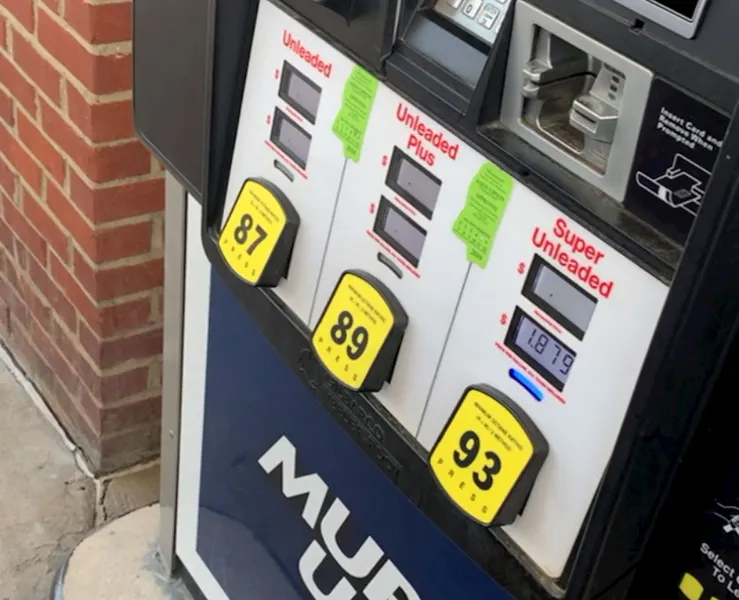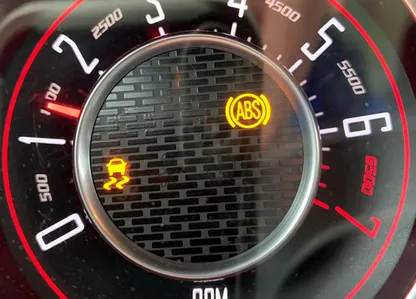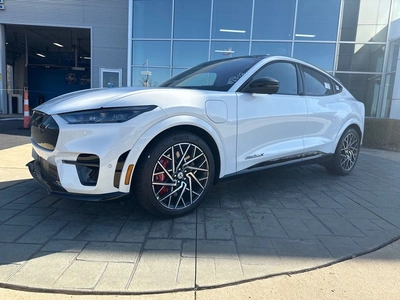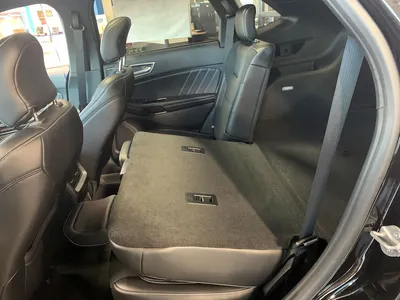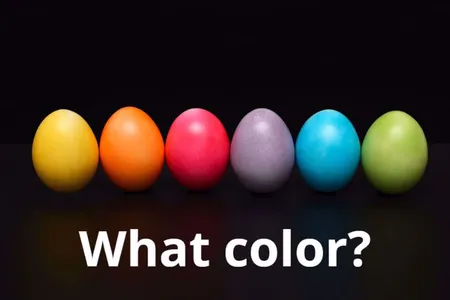Summertime is right around the corner and we all know what that means – VACATION! Americans, as well as people all over the world, love to take a holiday during the summer months. If a road trip is in your near vacation future, you may be concerned about gas mileage and the wear and tear on your car over the long hot roads ahead of you. Questions arise like, “Should I use premium gas?” and “Will higher octane gas get me better gas mileage?” Regardless of where you are from and where you plan to go, let these tips help you decide if you should be using premium gasoline or stick with the standard regular octane gas.
There is a marked difference in the price of premium and regular gasoline options. Premium gasoline typically costs around 20-60 cents more per gallon than regular fuel depending on where you live, but why? The reason for this is because premium fuel comes with a higher-octane level (92 or 93 compared to 87 for regular gas). So, what is Octane?
Octane is defined as “a hydrocarbon and an alkane with the chemical formula C8H18, and the condensed structural formula CH3(CH2)6CH3.” But what in the world does that mean for your car and its efficiency? Octane is how much compression a fuel (in our case, gasoline) can withstand before igniting. A higher-octane gas won’t ignite as quickly as a lower one, which explains why high-performance cars with higher compression engines often require higher octane gas. The octane rating of gasoline essentially tells you how much the air-fuel mixture can be compressed before it will spontaneously ignite.
Which to use in your car? Check your owner's manual. If your vehicle’s manufacturer says your engine needs only regular 87-octane gasoline, that is what you should use. If your car was designed to run on regular gas, a premium, higher octane one, will yield little to no tangible benefits to you. Unless your engine is knocking, using higher octane gasoline is a waste of money. In most cases, using a higher-octane gasoline than your owner's manual recommends offers absolutely no benefit. It won't make your car perform better, go faster, get better mileage, or run cleaner.
If, however, you have a supercharged engine or one that calls for premium high-octane gasoline, that is the one you should use. Higher octane helps only if you have problems with your engine “knocking.” Regular octane is recommended for most cars. Some cars with high compression engines, like sports cars and certain luxury cars, need mid-grade or premium gasoline to prevent knocking.
Hopefully, this blog has helped explain the details behind premium and regular gasoline and which one is best to use for your automobile. Always refer to your owner’s manual for this and any other questions you may have. It’s a wealth of information specific to your car. If I can be of any assistance to you, please contact me. Stay safe out there on your road trips!

